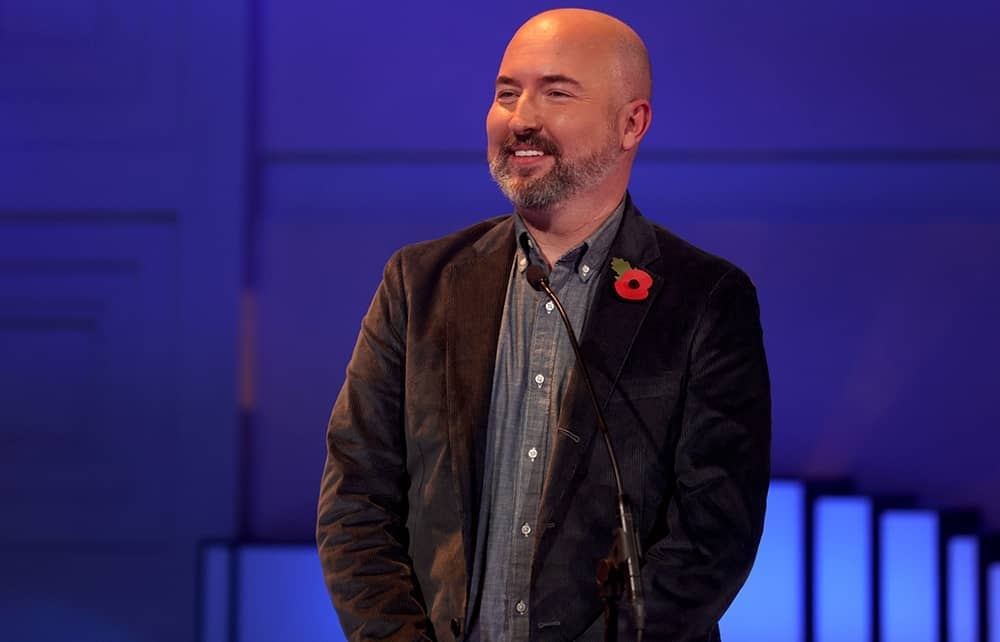Douglas Stuart has a rare gift. The Scottish writer, whose debut novel Shuggie Bain deservedly won the 2020 Booker Prize, creates vivid characters, settings and images without letting his literary skill get in the way of plot. His second novel, Young Mungo, has a similar feel and is in many ways a kind of sequel. The characters are different, as is the Glaswegian housing scheme and the year – we are now in 1993 rather than the 1980s – but the milieu is familiar.
The protagonist, Mungo Hamilton, is a frail, fatherless 15-year-old, but appears much younger. His complexion, vocal tic and poor-fitting clothes lead people to think he’s ‘thirteen, tops’. Early on he’s described as a ‘waif’ – a Dickensian word that alerts the reader to the tenor of the novel.
The story begins with Mungo’s often-absent mother coercing him to go for a weekend of fishing and camping with two lager-swilling men she knows from Alcoholics Anonymous. Her plan is for ‘St Christopher’, ‘an angular man in his late fifties or early sixties…withered and jaundiced by neglectful eating and hard drinking’, and ‘Gallowgate’, a twentysomething with ‘arms roped with lean muscle that spoke to a heavy trade, or years of fighting, or both’ to ‘make a man’ of her son. In parallel chapters, Stuart describes how Mungo got to this juncture. Decisive are two relationships: one with James, a pigeon-keeping Catholic boy from across the housing scheme; the other with Hamish, Mungo’s older brother and the leader of the local Protestant gang.
The novel is darker than Shuggie Bain, but Stuart retains the ingenious Wodehousian similes that characterise his prose. Mungo has a ‘face that looked like he might sneeze, but never would’ and St Christopher has a ‘yellow face, wrinkling like an overripe apple’.








Comments
Join the debate for just £1 a month
Be part of the conversation with other Spectator readers by getting your first three months for £3.
UNLOCK ACCESS Just £1 a monthAlready a subscriber? Log in